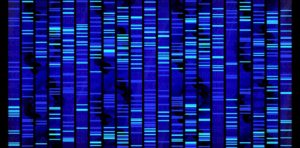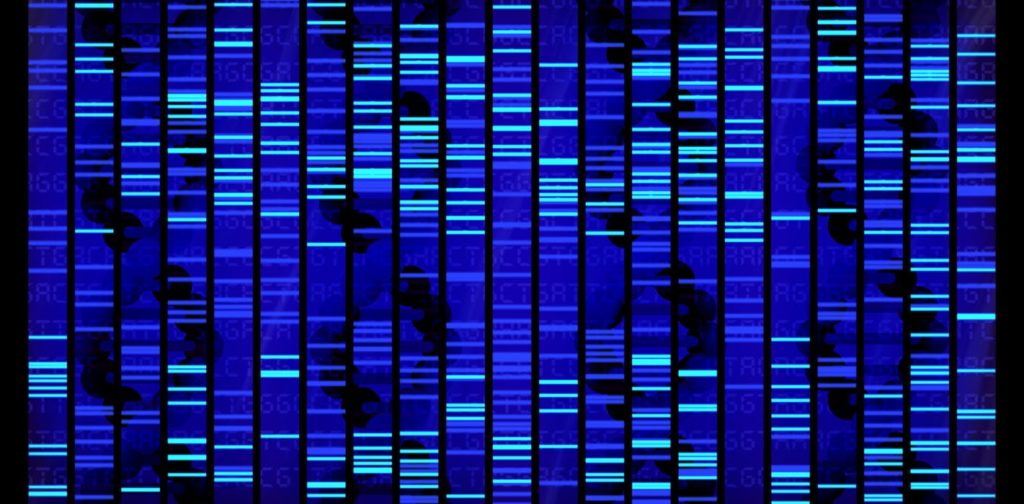These results suggest that we could alter gut microbiota using probiotics, prebiotics etc. in order to improve response to anti-cancer immunotherapy for melanoma
Immunotherapy for melanoma has shown real results but only for a limited number of patients. The articles linked and excerpted below show a number of methods to possibly increase the number of patients who respond to immunotherapy. Consider prehabilitation, probiotics, your diet and chemotherapy…
Some of the therapies sound too simple to be true. But the ideas put forth in the articles fundamentally make sense. At least to me. Enhance your immune system to enhance the efficacy of immunotherapy.
Consider evidence-based but non-conventional therapies to immunotherapy:
- Prehabilitation
- Probiotics
- Combining conventional chemo with immunotherapy
- Diet
- Fiber
My research and experience as a cancer survivor since my diagnosis in 1994 has shown me that the key to surviving most cancers at most stages is the integration aka combining of conventional (traditional) with evidence-based non-conventional therapies.
This blog post is a demonstration of this idea.
I am a long-term cancer survivor and cancer coach. Have you been diagnosed with melanoma? Scroll down the page, post a question or comment and I will reply ASAP.
Thank you
David Emerson
- Cancer Survivor
- Cancer Coach
- Director PeopleBeatingCancer
Recommended Reading:
Potential of manipulating gut microbiome to boost efficacy of cancer immunotherapies
“The composition of bacteria in the gastrointestinal tract may hold clues to help predict which cancer patients are most apt to benefit from the personalized cellular therapies that have shown unprecedented promise in the fight against hard-to-treat cancers…”
“Introducing certain bacteria into the digestive tracts of mice with melanoma can help their immune systems attack tumor cells. The gains were comparable to treatment with anti-cancer drugs known as checkpoint inhibitors. The combination of bacteria and anti-PD-L1 nearly abolished tumor outgrowth, report scientists…
Our results clearly demonstrate a significant, although unexpected, role for specific gut bacteria in enhancing the immune system’s response to melanoma and possibly many other tumor types,””
“An academic study performed in Paris suggests that gut microbiota is associated with efficacy and intestinal toxicity of the drug, ipilimumab. Monoclonal antibodies directed against checkpoint molecules such as CTLA-4 have recently demonstrated success in cancer immunotherapy in patients with melanoma…
Due to the rising uses of ipilimumab in immunotherapy against melanoma, we sought to understand how differences in the composition of gut microbiota influenced drug response. Under what circumstance would ipilimumab lead to a successful anti-cancer response…
These results obtained in patients show a link between gut microbiota, the efficacy of immune checkpoint inhibitors, and intestinal inflammation. They pave the way for a better identification of responders to this class of drugs. These results suggest that we could alter gut microbiota prior to immunotherapy, using probiotics, prebiotics, phages, antibiotics, peptides, and fecal transplantation in order to improve response to anti-cancer immunotherapy. Needless to say, many steps have to be passed before we get to this stage…”
“”Greater diversity of bacteria in the gut microbiome is associated with both a higher response rate to treatment and longer progression-free survival…
“The microbiome appears to shape a patient’s response to cancer immunotherapy, which opens potential pathways to use it to assess a patient’s fitness for immunotherapy and to manipulate it to improve treatment…
“Despite the excitement surrounding cancer immunotherapy, most patients don’t respond to immune checkpoint inhibitors. There is, however, growing interest in combining these agents with chemotherapy, radiotherapy, and other treatments to boost their efficacy.1,2″
“We found that diet and supplements appear to have an effect on a patient’s ability to respond to cancer immunotherapy, most likely due to changes in their gut microbiome,”
Immunotherapy drugs such as nivolumab (Opdivo), pembrolizumab (Keytruda) and ipilimumab (Yervoy) hold a great deal of promise for many difficult to treat cancers such as melanoma. Unfortunately, a large percentage of patients might not respond and those that do often respond with serious adverse events. In short, cancer patients considering immunotherapy want to take every step possible to insure that they respond well to this expensive therapy.

According to research, pre-habilitation improves outcomes for patients undergoing chemotherapy. The articles linked and excerpted below explain that a different kind of pre-habilitation might benefit cancer patients undergoing immunotherapy regimens.
In addition to pre-habilitating the newly diagnosed cancer patient by exercising, working on their sleep/rest, maybe even losing a few pounds- what if the patient changed to a high fiber diet, included yogurts and kefirs daily, etc. all in an effort to supercharge their microbiome?
According to the articles below, supercharging a newly diagnosed patient’s microbiome could dratically increase their response to immunotherapy and perhaps even reduce their risks of certain adverse events.
“The effectiveness of drugs that help the immune system fight cancer cells appears to depend on bacteria in the gut
Culler and other oncology researchers hope to answer one of the most pressing questions in current cancer research: Does the quality and diversity of human gut bacteria determine whether people will successfully respond to cancer treatment?
“When we looked at stool from breast and lung cancer patients, we discovered that important bacteria were missing from the microbiome,” Culler says. The absence of certain gut microbes, mostly Firmicutes bacteria, could explain why immune checkpoint inhibitors—drugs that block cancer-friendly proteins and help facilitate the immune system’s response to cancer cells—don’t work on some patients. “We believe that those bacteria are important for the immune system to be able to respond to those drugs,” Culler says…
Over the last decade, there’s been a flurry of research exploring the microbiome’s role in everything from depression to autism to Parkinson’s disease. Studying the microbiome can help determine which patients are likely to respond to different pain and heart drugs, according to Rob Knight, founding director of the Center for Microbiome Innovation at the University of California San Diego. “We’re extremely interested in the interplay between food, drugs and the gut microbiome,” says Knight, who also cofounded the American Gut Project, a citizen science effort that has collected fecal samples from more than 11,300 participants in 42 countries…
Teams from the University of Chicago and University of Texas MD Anderson Cancer Center in Houston have conducted similar experiments using gut microbes from metastatic melanoma patients who responded well to checkpoint inhibitors…
We know that diet matters, but everyone wants to know what the secret sauce is to change the microbiome to respond better to cancer treatment,”
“People with a type of skin cancer who consumed a high-fiber diet responded better to immunotherapy treatment than those with poorer diets, according to data presented at a media preview of the American Association for Cancer Research (AACR) annual meeting…
Immunotherapy drugs such as those targeting PD-1/PD-L1 or CTLA-4 as well as T-VEC, the first ever viral therapy for cancer treatment to be FDA-approved, have had a remarkable impact on the survival from advanced melanoma. A study in 2001 calculated the chance of surviving 10 years after diagnosis to be under 10%, but now largely thanks to these immunotherapy agents, the survival rate has soared to over 50%.
However, some patients don’t respond to immunotherapy at all and although researchers have started uncovering evidence as to why this might be, with recent research suggesting tumors with more DNA mutations are more likely to respond, it is likely to not be one single reason but a combination of factors.
Last week a further study suggested that people with melanoma are less likely to survive if they are or have ever been smokers, with the researchers suggesting that suppression of the immune system was likely responsible for this disparity. Now new research due to be presented at AACR has indicated that diet may be vitally important in determining whether melanoma patients respond to immunotherapies.
“We found that diet and supplements appear to have an effect on a patient’s ability to respond to cancer immunotherapy, most likely due to changes in their gut microbiome,” said Christine Spencer, PhD, research scientist at the Parker Institute for Cancer Immunotherapy.
The researchers collected fecal samples from 113 melanoma patients starting immunotherapy treatment at MD Anderson Cancer Center. They looked at the types of bacterial species found in the patients’ gut microbiome and found that a higher microbiome diversity was correlated with a better response to immunotherapy after controlling for differences based on age, sex and body mass index (BMI)…”
The researchers also noted that about 40 percent of the people in the study were taking a probiotic supplement. Probiotics contain live bacteria believed to be helpful to maintaining the balance of the microbiome. However, the researchers found that probiotic use was actually linked to lower diversity of the gut microbiome.
And, a lower diversity of the microbiome has been linked to a poorer response to melanoma immunotherapy, the researchers noted…”




